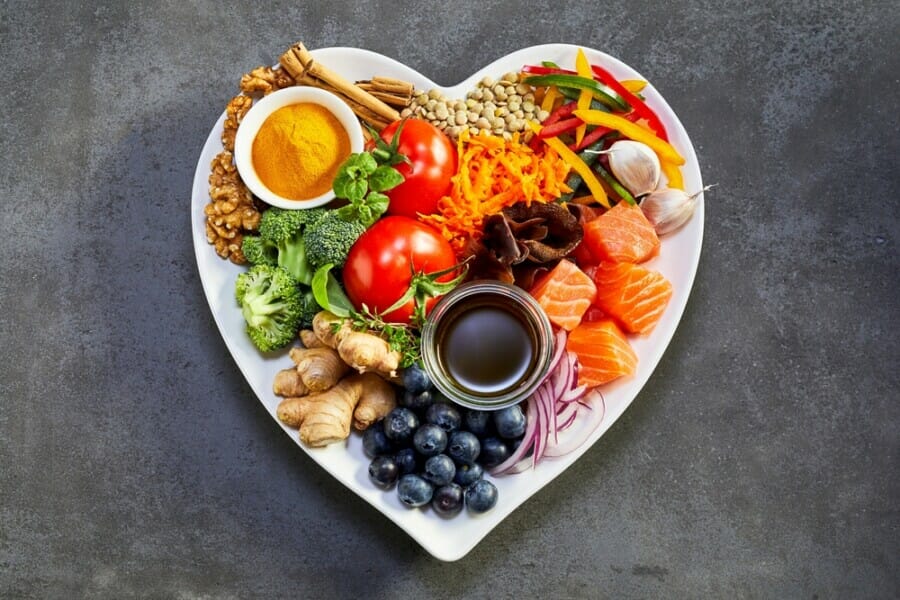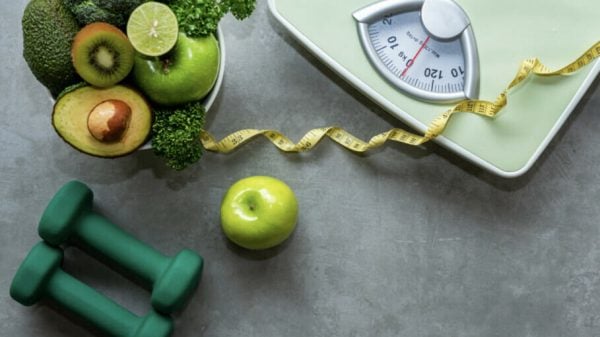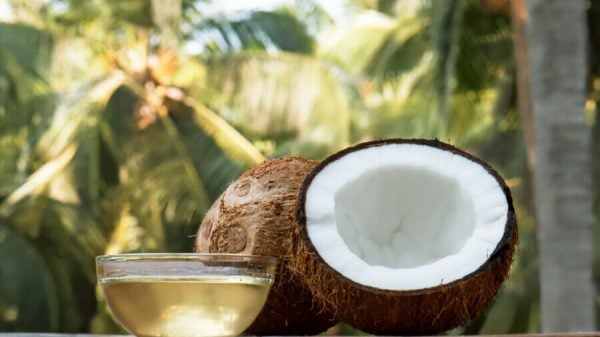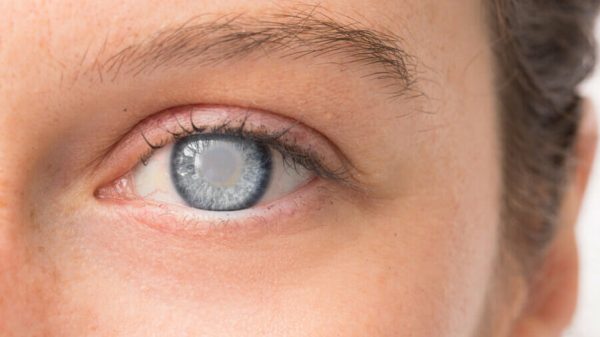Are you stocking up your pantry with weight loss foods? These are the foods advertised as aiding weight loss on television. Have you ever considered that these foods might actually be contributing to your weight gain? Probably not, right? Let me debunk some common misconceptions.
1. Gluten Free Products
Gluten-free is the current trend. However, gluten-free junk food is just as harmful as junk food containing gluten. Gluten-free junk food is typically made with refined carbohydrates, sugar, and various chemicals. Opt for foods that are naturally free of gluten.
2. Agave Nectar
Agave nectar or syrup is marketed in stores as a natural substitute for sugar. But the reality is, it is not a healthy option. In fact, it can be even worse than sugar.
What makes sugar unhealthy? The high levels of fructose in sugar make it detrimental to health.
Why is agave syrup unhealthier than sugar? The answer is quite simple – sugar contains around 50% fructose, whereas agave can contain as much as 70-90%!
Why is excessive fructose consumption considered unhealthy?
- Excessive fructose intake can have negative effects on metabolic health.
- It can lead to insulin resistance.
- It may cause elevated triglyceride levels.
- It raises blood sugar levels.
- It can impact cholesterol levels negatively.
- It contributes to abdominal obesity.
For this reason, individuals who aim to maintain a healthy lifestyle steer clear of sugar. With agave containing 70-90% fructose, it’s definitely not good news. Consider using a natural sweetener with lower fructose levels instead.
3. Homemade Granola Bars
Do you frequently reach for a granola bar, thinking it’s a healthy choice? While making your own granola bar could be a healthier option, commercially produced granola bars often turn healthy ingredients into unhealthy snacks due to added sugar and oil.
Pros of homemade granola bars: Rich in oats and nuts, both beneficial for health.
Cons of store-bought granola bars: Contain added sugar and oil, making them less healthy.
4. Full-Fat Yogurt
Yogurt is undeniably a nutritious food choice. However, opting for full-fat yogurt is a better option than low-fat yogurt. When fat is removed from yogurt, manufacturers often compensate by adding sugar or artificial sweeteners. This means that by choosing low-fat yogurt, you might be unknowingly consuming unnecessary added sugars.
Studies have shown that saturated fats are not as harmful as previously thought. Therefore, consuming full-fat yogurt is a preferable choice.
5. Homemade Salad Dressings
Salads have gained popularity as a healthy lunch option due to their nutrient-rich content. However, adding commercial salad dressings can turn a healthy meal into an unhealthy one. Processed dressings often contain soybean oil and high-fructose corn syrup. Simply opt for spices or enjoy your salad plain if you prefer avoiding commercial dressings.
6. Sweetened Fruit Juices
Packaged fruit juices are commonly perceived as a healthier alternative to fizzy drinks. However, most packaged fruit juices are essentially sugar water with artificial fruit flavoring. It’s better to consume whole fruits instead of fruit juice, even if it’s 100% pure. Why? Juices lack fiber, leading to a rapid intake of sugar. A cup of orange juice can contain as much sugar as two whole oranges. Eating the whole fruit provides fiber, too.
7. Zero-Calorie Aerated Beverages
The worst choice is swapping sugar-sweetened soda for diet soda in an attempt to lose weight. However, this substitution often leads to increased appetite in some individuals due to artificial sweeteners. Consequently, individuals might end up consuming more food. Furthermore, it can lead to other health complications.
8. Fresh Organic Produce
Opting for organic lentils, eggs, and vegetables is highly beneficial. However, consuming processed organic foods may not be as advantageous. There isn’t much distinction between organic processed foods and conventional processed foods, as both may contain unhealthy ingredients.
9. Breakfast Cereals
Starting your day with a “health-focused” cereal might not be the best choice. These cereals are often high in sugar and refined carbohydrates, known for promoting weight gain.
Consuming these cereals as your initial meal can lead to blood sugar and insulin spikes. Subsequently, when blood sugar levels drop, you may crave a snack high in refined carbs.
Opt for cereals free of sugar and refined carbs. It’s advisable to read labels to understand the contents. Cereals labeled as “low-fat” or “whole grain” often contain substantial amounts of sugar and are generally unhealthy.
Wishing you good health!










